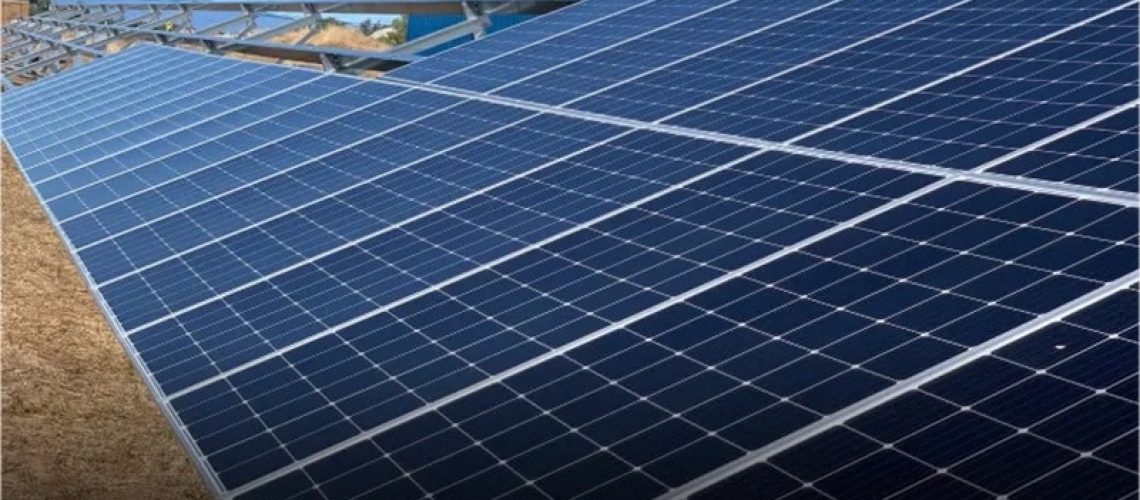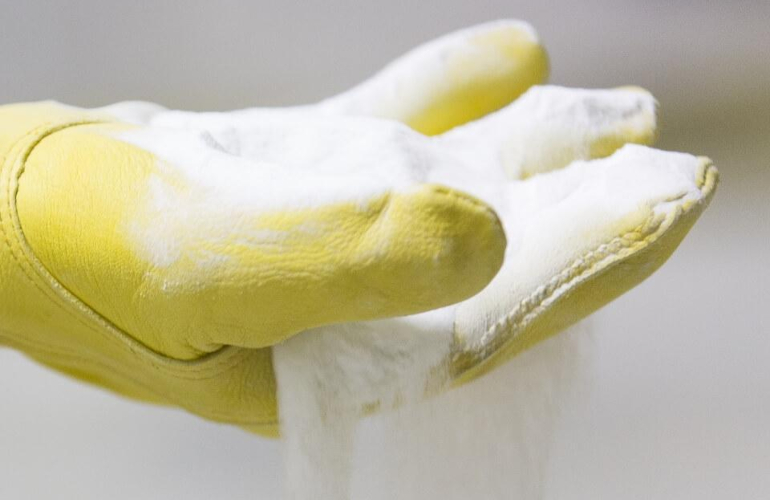With the solar industry divided on whether to restrict 45X tax incentives for Chinese companies and from other “foreign entities of interest,” groups express concern that legislators didn’t act on a recent bill.
Tax credits made available through the Inflation Reduction Act (IRA) have created a controversy within he U.S. Solar with proponents saying yes let’s encourage manufacturers to help meet the supply chain demands while opponents want some restrictions as to who can receive the tax credits.
The tax credits are designated for clean energy components manufactured in the United States. In August a bipartisan group of U.S. lawmakers introduced the American Tax Dollars for American Solar Manufacturing Act, aiming to prevent Chinese solar module manufacturers from claiming subsidies for their American factories. The bill was introduced by Senators Sherrod Brown (D-Ohio), Bill Cassidy (D-LA), Jon Ossoff (D-GA) and Rick Scott (D-FL), seeks to protect U.S. solar manufacturing by removing the tax incentives for Chinese companies and from other “foreign entities of interest” would not be able to receive the 45X tax credits.
In an OpEd published today on pv magazine USA, Scott Buckley said “As with most legislation like this, it could have unintended consequences for the growth of the U.S. solar industry. As we look to stabilize the business side of the industry and energy costs…some of those consequences could do precisely the opposite of what its sponsors envision.”
This week U.S. legislators are voting on bills aimed at restricting doing business with China, yet of the 28 bills presented, they are not addressing the bill restricting Chinese-backed manufacturers from receiving tax credits for setting up manufacturing facilities in the U.S.
The Defend Solar USA Alliance, a group of solar manufacturers, are against extending the tax credit to Chinese-owned firms and estimate that Chinese-controlled companies could collect more than $100 billion in federal tax credits. These credits, the Alliance contends, were “designed to support U.S. clean-energy manufacturers”.
In response to the inaction by the U.S. House this week, the Alliance said, “These credits were intended to boost American solar manufacturing jobs, however, if Chinese-controlled companies are eligible for these credits, we will be using tax dollars to give the Chinese solar manufacturers footholds on American soil.”
The Solar Energy Manufacturers for America (SEMA) Coalition also supports restricting tax credits, Mike Carr, executive director of the SEMA said “By reshoring the solar supply chain, we can bolster solar manufacturing in the U.S. and ensure our country is not dependent on China for a technology that was invented here and accounted for half of our new grid energy additions last year.”
He added that while the legislation was not addressed this week among the many bills on the table, SEMA plans to continue to work with Congress on bipartisan solutions to protect American-owned solar manufacturing.
At issue is how to provide the supplies needed for a rapidly growing U.S. solar industry.
According to the Solar Energy Industries Association, (SEIA) in 2023 solar became the first renewable technology in 80 years to make up the majority of the additions to the grid. SEIA estimates that the solar market has grown 22% a year, on average, for the past ten years. With remarkable growth comes high demand on the supply chain and onshoring that supply chain is a hot topic at RE+ 2024, taking place this week in Anaheim, Calif.






